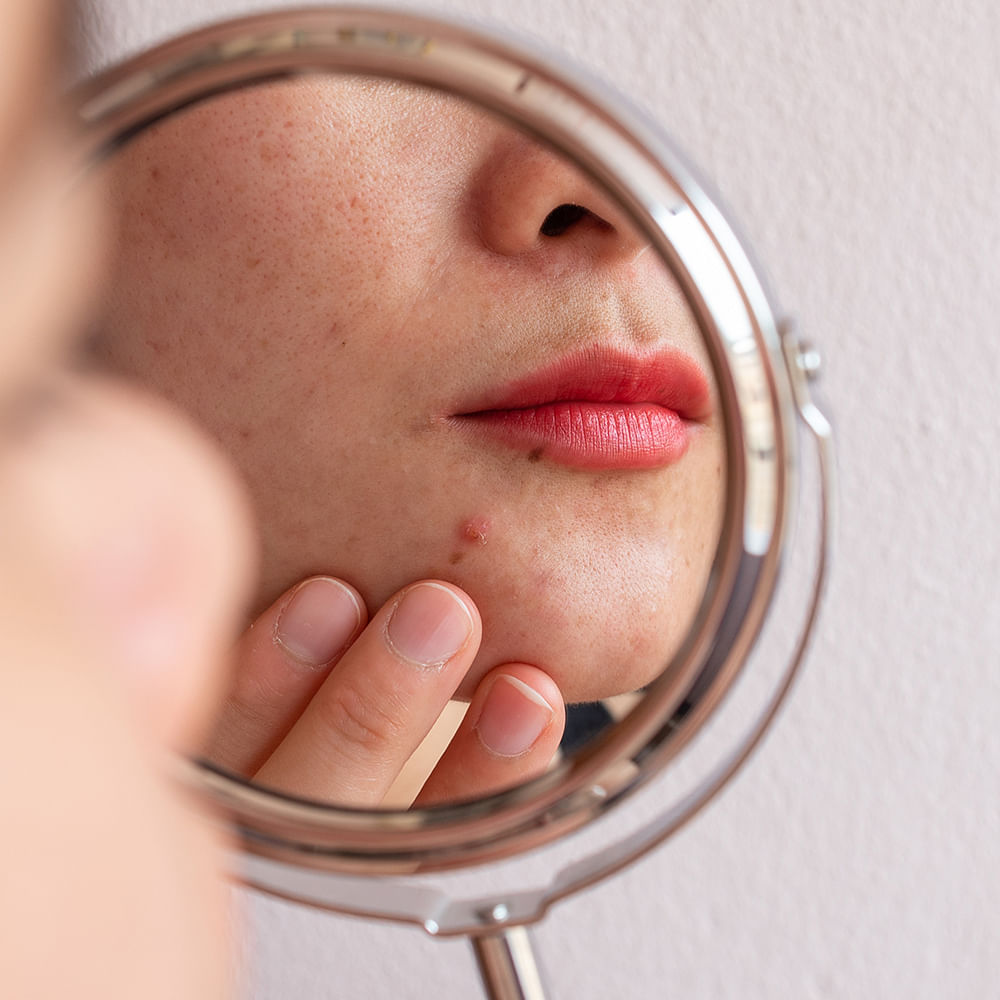Acne is a common skin condition, and while it's not something to be ashamed of, I agree that it affects lots of individuals worldwide, causing distress and affecting self-confidence. The internet is filled with so much advice (mostly misleading) at this point that we thought it's best to reach out to a dermatologist about what acne really is and what the option are to treat it.
Dr Chytra is an internationally renowned celebrity cosmetic dermatologist. She is also the founder and chief formulator of Skin Q—a homegrown skincare brand that formulates products made with naturally found active ingredients, especially for Indian skin and skin of colour.
As our expert today, she tells us, 'Acne is a chronic inflammatory skin condition that occurs when hair follicles become clogged with oil and dead skin cells, leading to the formation of pimples, blackheads, whiteheads, and in severe cases, cysts and nodules. Acne or pimples is most commonly seen on the face, but it can also appear on the chest, back, and shoulders as well. This is one of the most common conditions seen in teenagers and now in adults due to diet, environmental changes and pollution.'


